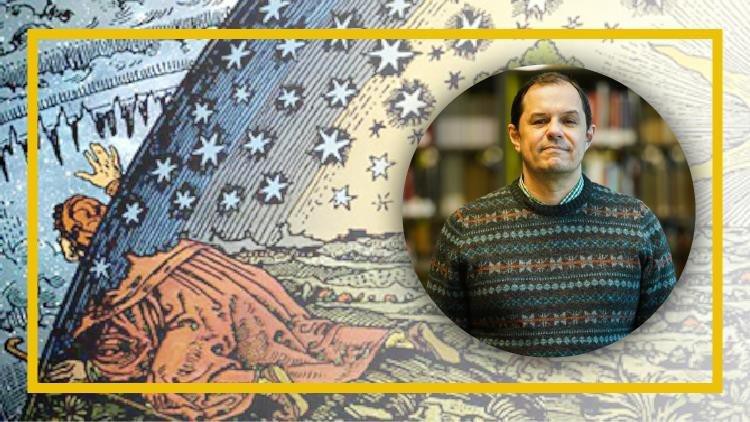
Philosophy of Science
What you will learn
Students will be able to have background in the philosophy of science on which to base further research and study in the area.
Students will be able to acquire knowledge of the key-concepts and arguments in the philosophy of science.
Students will be able to possess an awareness of the relationship between philosophy of science and other disciplines.
Students will be able to demonstrate a deep understanding of the difference between scientific and non-scientific knowledge.
Students will be able to arrive at a deeper understanding of the structure and development of scientific theories.
Why take this course?
**Description:**
Philosophy of science is a captivating realm that delves into the essence of scientific inquiry. It’s about asking and answering profound questions such as:
– **What constitutes science?** 🤔
– **What drives the scientific endeavor?** 🔍
– **How does the Scientific Method underpin our pursuit of knowledge?** 🧪
In this course, we embark on a journey to unravel these and other intriguing topics. You’ll explore the nuanced differences between scientific and non-scientific claims, and gain clarity on how science contributes to our understanding of the world.
**Why Take This Course?**
– **Understand the Fabric of Science:** Discover the historical threads that have shaped modern scientific practice. 🕰️
– **Scientific Methods Unveiled:** Learn about the tools and techniques scientists use to investigate the universe. 🔍
– **The Role of Science in Society:** Reflect on the impact of science on contemporary issues and future challenges. 🌐
– **Critical Thinking and Analysis:** Develop a discerning eye for distinguishing between sound scientific theories and pseudoscience. 🧠
**Course Outcomes:**
– **Solid Foundation in Philosophy of Science:** Lay the groundwork for deeper exploration into philosophical aspects of science. 🏗️
– **Knowledge of Key Concepts and Arguments:** Get to grips with the fundamental ideas that shape the philosophy of science. 📚
– **Interdisciplinary Awareness:** Understand how the philosophy of science intersects with other fields, from history to mathematics. ↔️
– **Critical Evaluation Skills:** Master the ability to distinguish between scientifically robust theories and non-scientific claims. ✅
– **Theoretical Structure Insight:** Gain a deeper understanding of how scientific theories are formulated and evolve. 🔍
**Target Audience:**
This course is an ideal starting point for anyone fascinated by the philosophical underpinnings of scientific knowledge, including:
– **Aspiring Philosophers of Science:** If you’re considering a career in this field or simply curious, this course is for you. 👩🏫
– **Students and Educators:** Enhance your educational toolkit with philosophical insights into science. 📝
– **Researchers and Professionals:** Whether in academia, industry, or beyond, deepen your understanding of the scientific enterprise. 🔬
**Instructor:**
– **Dr. Tuğrul Özkaracalar:** An esteemed figure in the realm of philosophy of science, Dr. Özkaracalar brings a wealth of knowledge and expertise to guide you through this intriguing journey. His passion for the subject will ignite your curiosity and stimulate your intellect. 👤
Embark on this intellectual adventure today and unlock the secrets of scientific understanding with our engaging Philosophy of Science: An Introduction course. 🌟